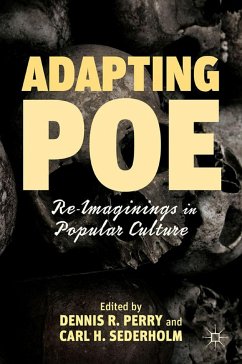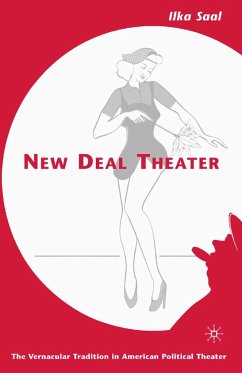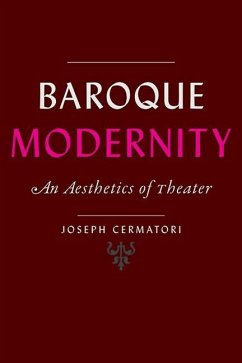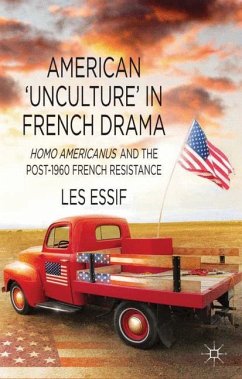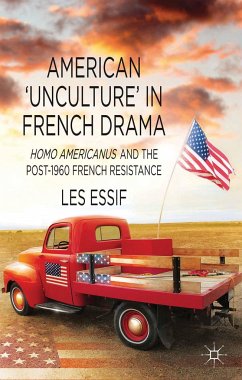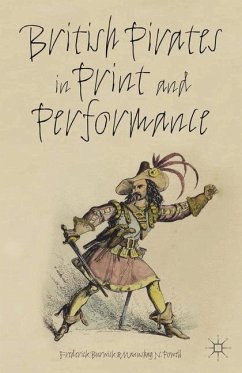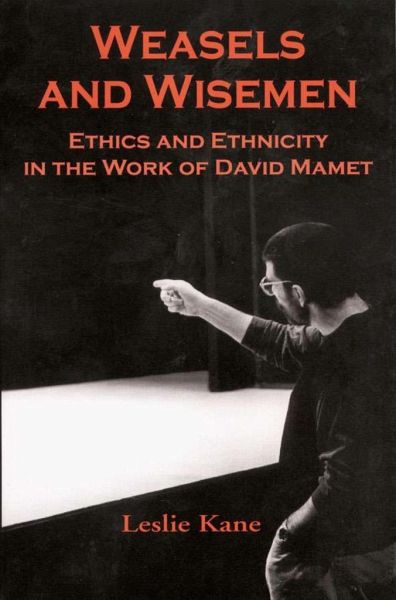
Weasels and Wiseman
Ethics and Ethnicity in the Work of David Mamet
Versandkostenfrei!
Versandfertig in 6-10 Tagen
27,99 €
inkl. MwSt.

PAYBACK Punkte
14 °P sammeln!
Weasels and Wisemen is the first major study of David Mamet's work to investigate the moral vision and cultural poetics upon which this playwright's aesthetic vision is founded. A seminal figure in contemporary American drama whose ascendant reputation as an innovative playwright and filmmaker demands an appraisal of his thought and the evolution of his craft, Mamet's commitment to the dynamic of ethics and ethnicity heavily informs his work. Tracing the development of Mamet's canon over a period of twenty years from his early unpublished play Marranos through his most recent work, Weasels and...
Weasels and Wisemen is the first major study of David Mamet's work to investigate the moral vision and cultural poetics upon which this playwright's aesthetic vision is founded. A seminal figure in contemporary American drama whose ascendant reputation as an innovative playwright and filmmaker demands an appraisal of his thought and the evolution of his craft, Mamet's commitment to the dynamic of ethics and ethnicity heavily informs his work. Tracing the development of Mamet's canon over a period of twenty years from his early unpublished play Marranos through his most recent work, Weasels and Wisemen examines the subtle link between the moral vision and ethical behaviour that distinguishes Mamet's theatre and film. It offers a compelling rationale for the prominence and prevalence of the pedagogical relationships, the struggle for dominance, the moral imperative, the consequences of conduct, and the orientation of life that unify his work, and argues the significance of Jewish values and cultural experience that have been insufficiently acknowledged in Mamet's canon. Weasels and Wisemen provides powerful evidence that encourages readers to rethink the plays and screenplays of this important artist.



